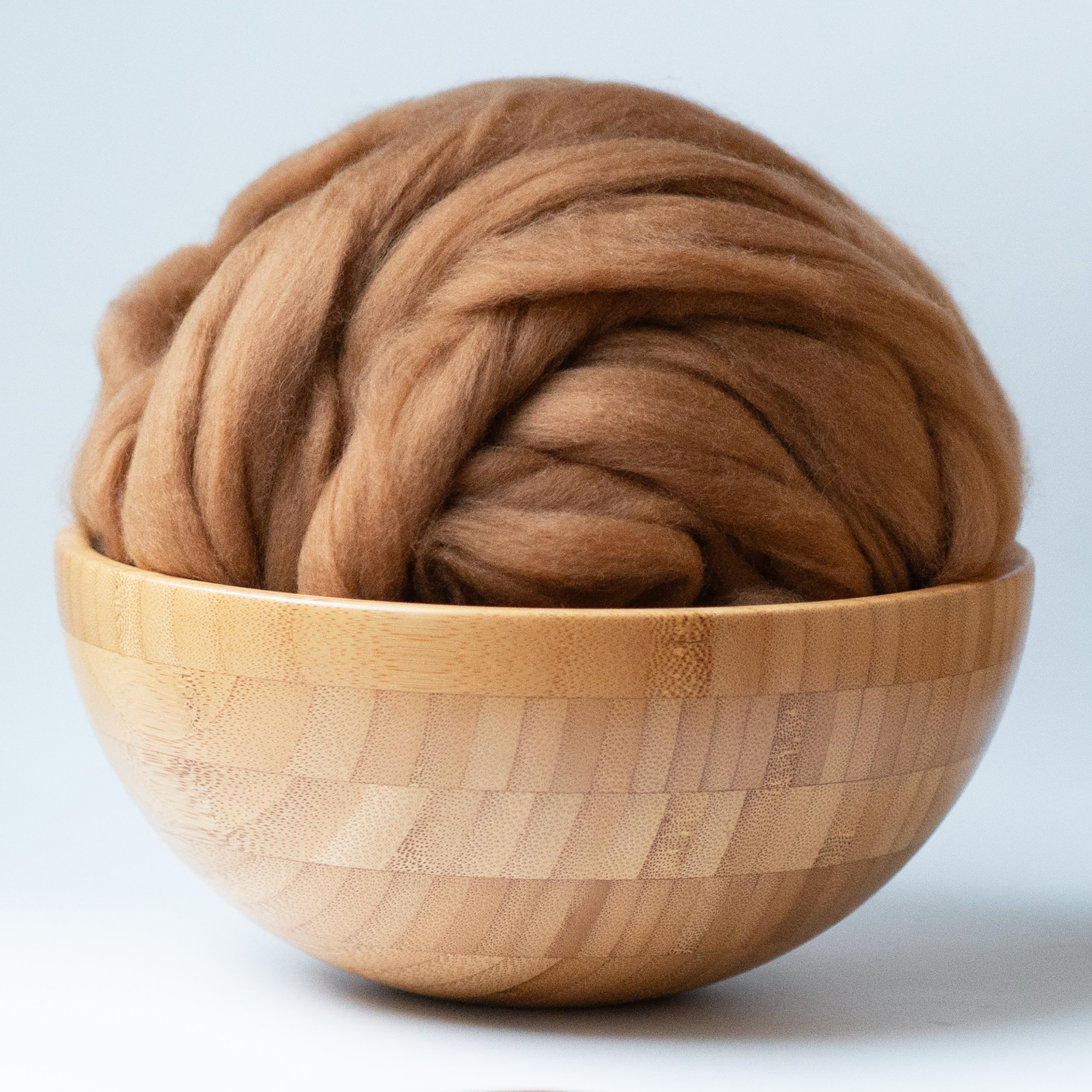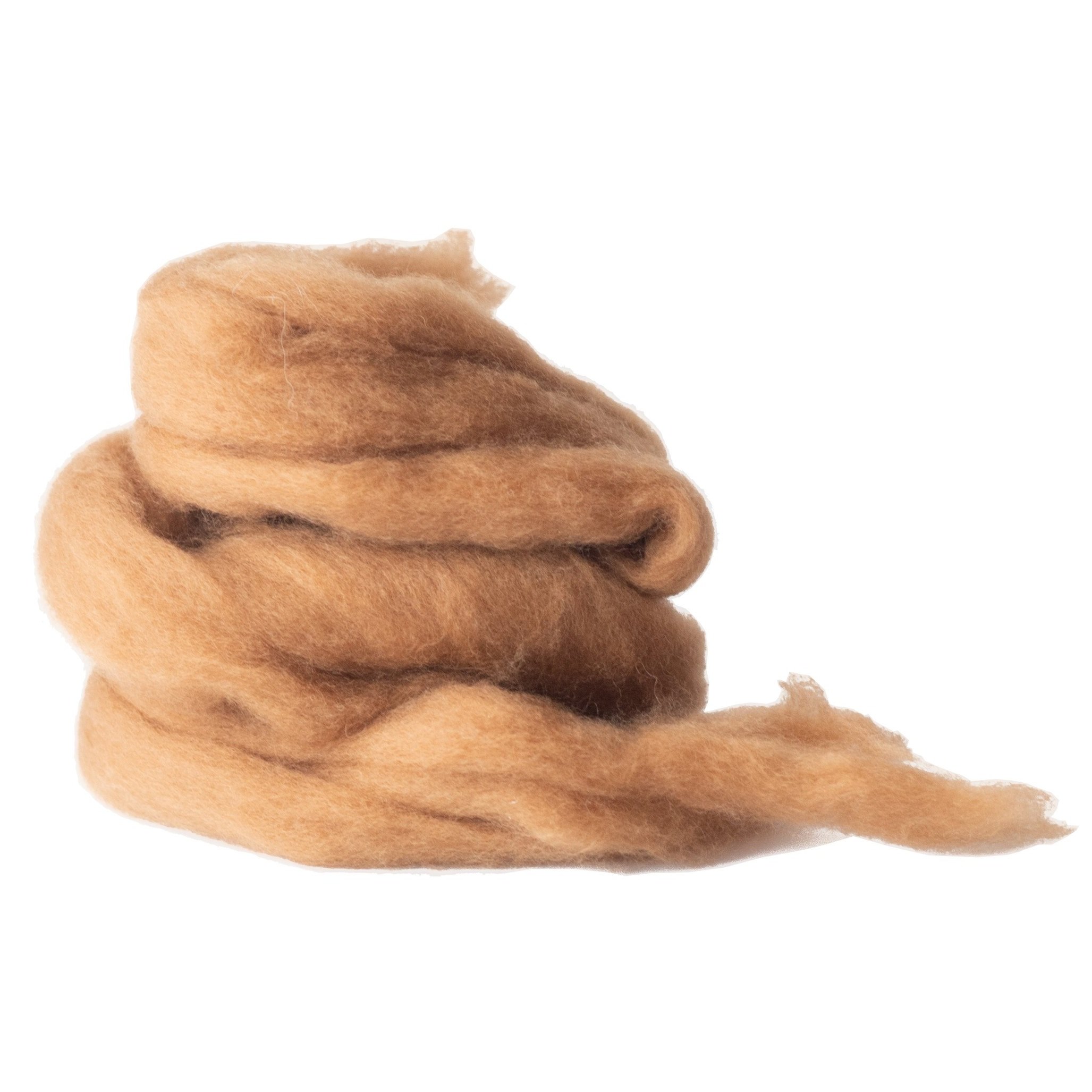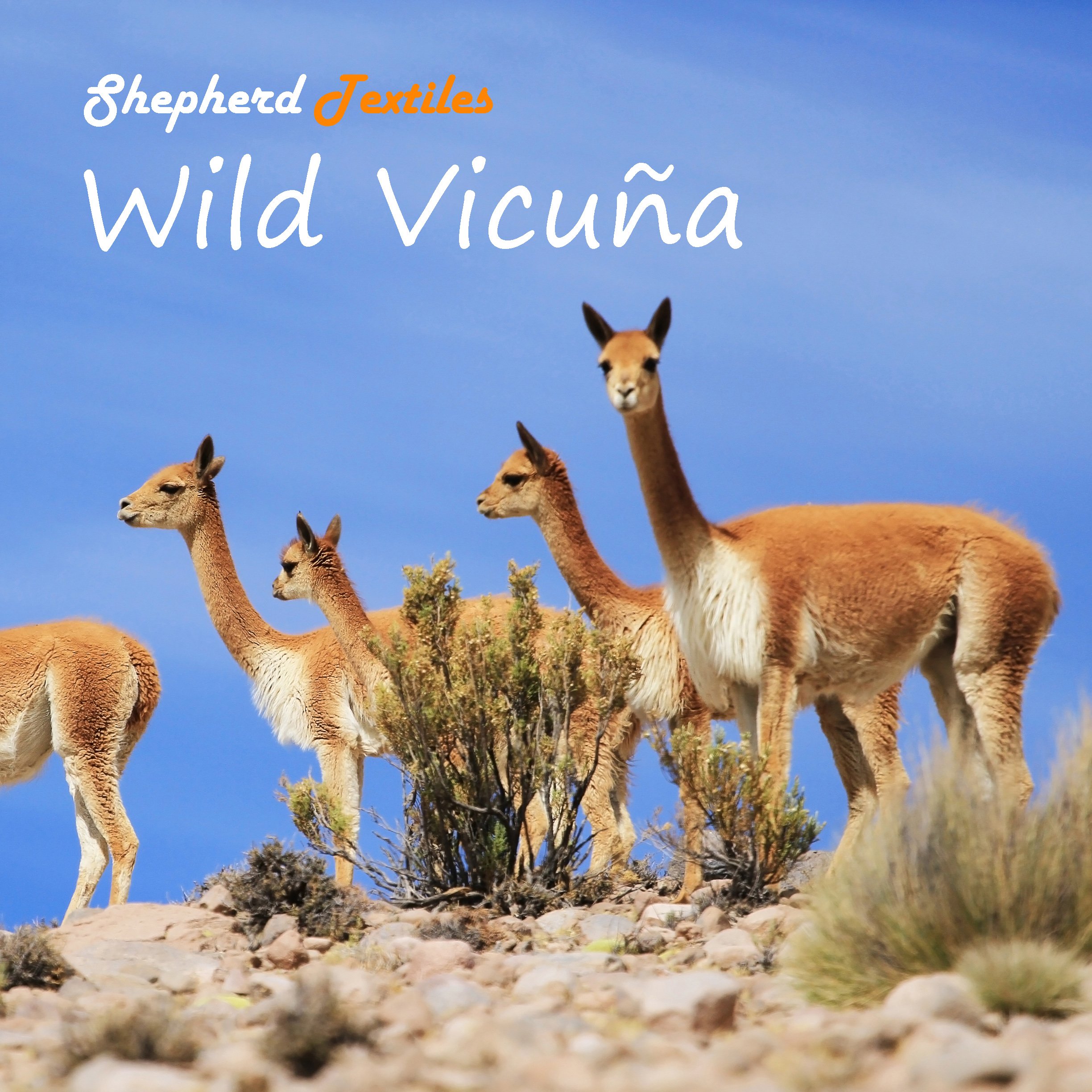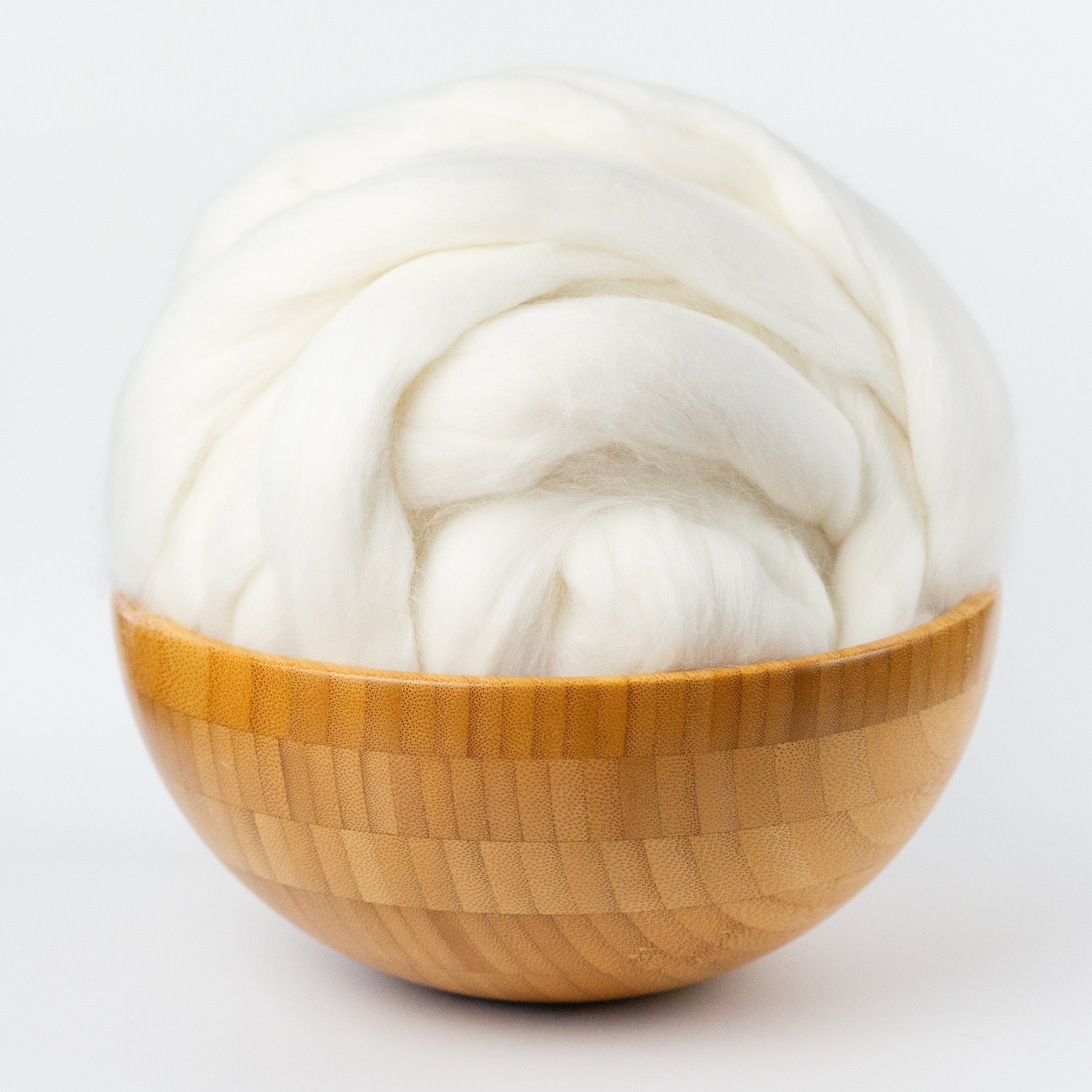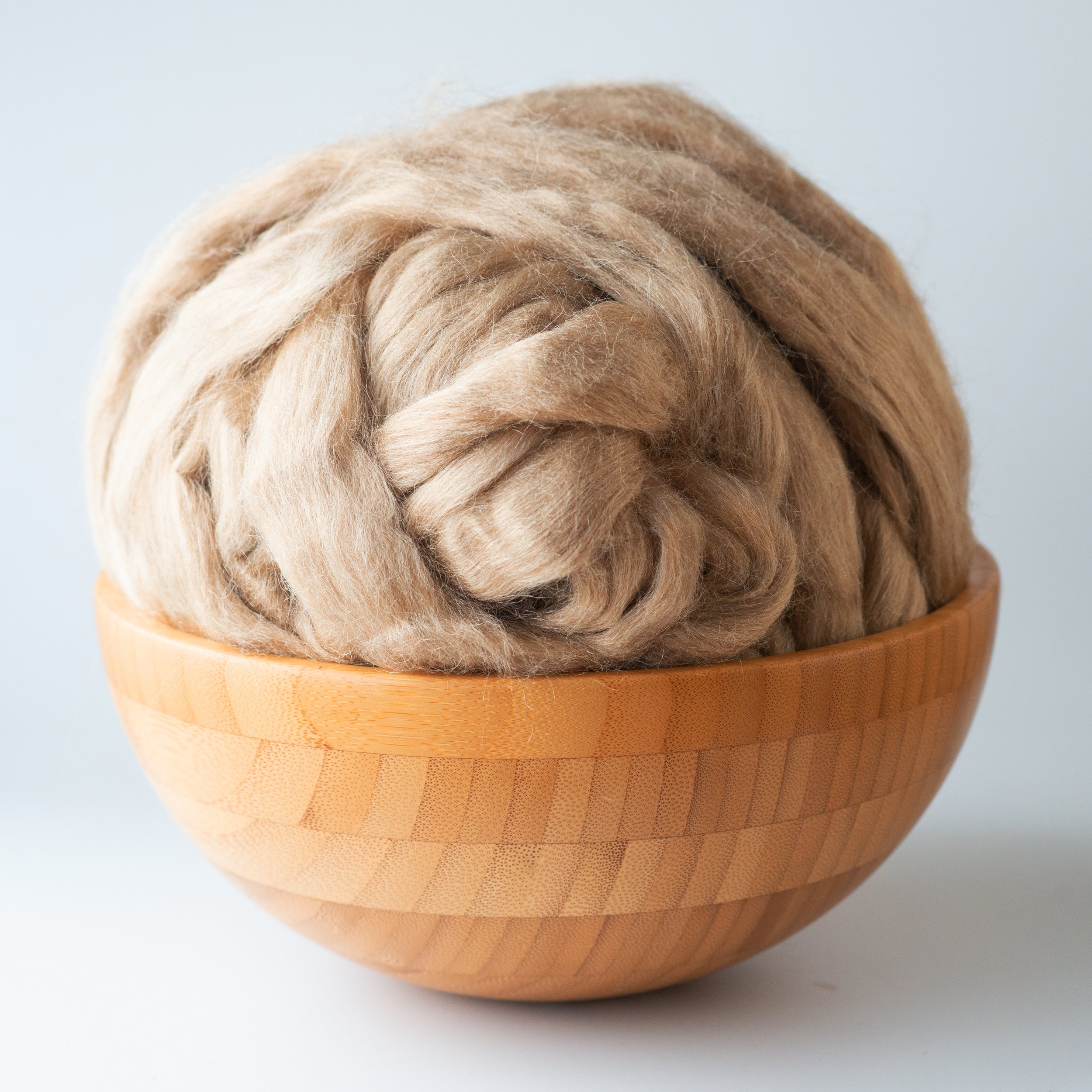 Image 1 of
Image 1 of


Jungle Tussah Silk (30 μm)
We import this wild-gathered tussah silk from a village of weavers in Odisha. More than 95% of the tussah silk on the market right now is commercially-produced Chinese tussah silk (antherea pernyi). Although it is inevitably described as “wild silk,” Chinese tussah silk is cultivated just like mulberry silk. The silkworms are raised on farms in growing frames, and after they spin their cocoon inside the frame, the cocoons are harvested and boiled with the silkworm still inside. This prevents the adult moth from chewing its way out, which would cut the silk threads and make it impossible to unreel the cocoon as one long silk filament, which is required for making high-tensile strength silk warp yarn. The boiled larvae are then removed manually and sold as a snack or ground into livestock feed.
Our Cruelty-Free Jungle Tussah Silk is produced from antherea paphia, the wild Indian tussar moth. A. paphia is not grown in frames; the moths still grow wild, and attach their cocoons to tree branches with a strong black stem called a peduncle. The cocoons are harvested after the adult moth has already exited and flown away, so no silkworms are harmed during production. Unlike commercial tussah silk, this silk is not bleached, and no antibiotics are required to keep the worms healthy in crowded growing frames. This wild silk is much coarser than cultivated tussah silk, but it has a beautiful golden glow. It is also packed full of the silk peptides and proteins that are desirable for making soap: to use, pull out a pinch a bit smaller than a cotton ball, cut into small pieces, and soak in distilled water before dissolving with lye.
Product of India.
We import this wild-gathered tussah silk from a village of weavers in Odisha. More than 95% of the tussah silk on the market right now is commercially-produced Chinese tussah silk (antherea pernyi). Although it is inevitably described as “wild silk,” Chinese tussah silk is cultivated just like mulberry silk. The silkworms are raised on farms in growing frames, and after they spin their cocoon inside the frame, the cocoons are harvested and boiled with the silkworm still inside. This prevents the adult moth from chewing its way out, which would cut the silk threads and make it impossible to unreel the cocoon as one long silk filament, which is required for making high-tensile strength silk warp yarn. The boiled larvae are then removed manually and sold as a snack or ground into livestock feed.
Our Cruelty-Free Jungle Tussah Silk is produced from antherea paphia, the wild Indian tussar moth. A. paphia is not grown in frames; the moths still grow wild, and attach their cocoons to tree branches with a strong black stem called a peduncle. The cocoons are harvested after the adult moth has already exited and flown away, so no silkworms are harmed during production. Unlike commercial tussah silk, this silk is not bleached, and no antibiotics are required to keep the worms healthy in crowded growing frames. This wild silk is much coarser than cultivated tussah silk, but it has a beautiful golden glow. It is also packed full of the silk peptides and proteins that are desirable for making soap: to use, pull out a pinch a bit smaller than a cotton ball, cut into small pieces, and soak in distilled water before dissolving with lye.
Product of India.
We import this wild-gathered tussah silk from a village of weavers in Odisha. More than 95% of the tussah silk on the market right now is commercially-produced Chinese tussah silk (antherea pernyi). Although it is inevitably described as “wild silk,” Chinese tussah silk is cultivated just like mulberry silk. The silkworms are raised on farms in growing frames, and after they spin their cocoon inside the frame, the cocoons are harvested and boiled with the silkworm still inside. This prevents the adult moth from chewing its way out, which would cut the silk threads and make it impossible to unreel the cocoon as one long silk filament, which is required for making high-tensile strength silk warp yarn. The boiled larvae are then removed manually and sold as a snack or ground into livestock feed.
Our Cruelty-Free Jungle Tussah Silk is produced from antherea paphia, the wild Indian tussar moth. A. paphia is not grown in frames; the moths still grow wild, and attach their cocoons to tree branches with a strong black stem called a peduncle. The cocoons are harvested after the adult moth has already exited and flown away, so no silkworms are harmed during production. Unlike commercial tussah silk, this silk is not bleached, and no antibiotics are required to keep the worms healthy in crowded growing frames. This wild silk is much coarser than cultivated tussah silk, but it has a beautiful golden glow. It is also packed full of the silk peptides and proteins that are desirable for making soap: to use, pull out a pinch a bit smaller than a cotton ball, cut into small pieces, and soak in distilled water before dissolving with lye.
Product of India.



